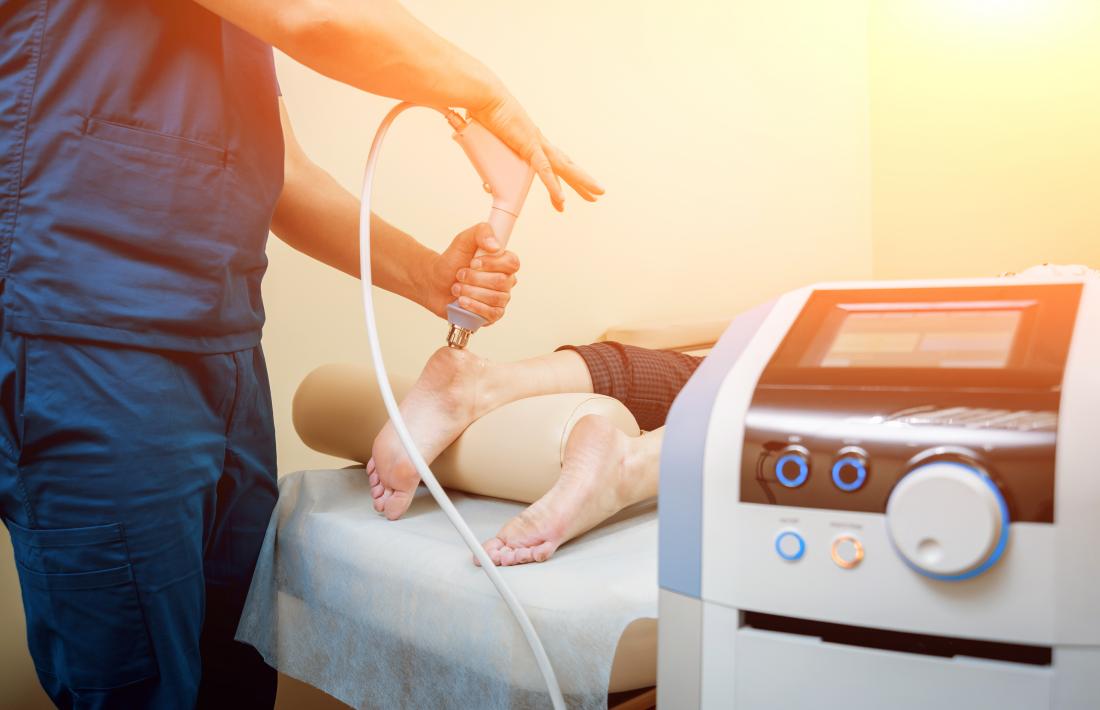Understanding the Source of Excessive Sweating and Its Influence On Day-to-day Live
Excessive sweating, likewise called hyperhidrosis, is a condition that impacts a substantial portion of the population, yet its hidden reasons and implications on everyday operating remain somewhat enigmatic. While it is generally understood as a physiological reaction to manage body temperature level, the triggers for excessive sweating can vary commonly amongst people, incorporating not only physical elements however additionally psychological and psychological aspects. In addition, the influence of this condition extends beyond simple discomfort, commonly affecting social communications and general lifestyle. By diving into the origin of hyperhidrosis and exploring its diverse impacts, a deeper understanding of this prevalent concern can be obtained, clarifying the complexities that individuals grappling with extreme sweating navigate each day.
Physiology of Sweat Glands
The law of sweat production, a vital physiological process, is largely managed by the activity of gland distributed throughout the human body. Gland are categorized into 2 main kinds: eccrine and apocrine glands. Eccrine glands are the most various and are located in nearly all areas of the body. They play an essential duty in thermoregulation by producing a watery fluid onto the skin's surface area, which evaporates and helps cool the body down. In contrast, apocrine glands are focused in areas abundant in hair follicles, such as the underarms and groin, and their secretions are thicker and milky in look.
When the body temperature increases, either as a result of physical activity, heats, or emotional anxiety, the nerves sets off the gland to produce sweat. This sweat is composed mostly of water and electrolytes like sodium and chloride. The process of sweat manufacturing is vital for keeping the body's interior temperature within a slim, optimal array, highlighting the essential duty sweat glands play in human physiology.
Triggers for Excessive Sweating
In comprehending the root creates of too much sweating, it is vital to determine the triggers that can lead to this physiological feedback. Physical effort, high temperatures, and spicy foods are additionally recognized to set off excessive sweating in people susceptible to this condition.
In addition, medicines such as some antidepressants, opioids, and certain supplements can additionally serve as triggers for hyperhidrosis. Understanding these triggers is crucial in handling excessive sweating properly - Treatment for hyperhydrosis of hands. By identifying and addressing the certain triggers that prompt too much sweating in an individual, doctor can develop individualized treatment strategies to alleviate this problem and boost the individual's top quality of life
Medical Conditions Associated
Connected with excessive sweating are different clinical conditions that can worsen this physical reaction. One typical problem is hyperhidrosis, a disorder identified by abnormally enhanced sweating that goes beyond the body's thermoregulatory needs. This can materialize in focal locations like the hands, soles, underarms, or face, impacting an individual's lifestyle due to social humiliation and pain.
In addition, endocrine problems such as hyperthyroidism, diabetes mellitus, and menopausal warm flashes can likewise lead to excessive sweating. Hyperthyroidism causes an overflow of thyroid hormonal agents, speeding up metabolic process and setting off sweating.
Moreover, infections like endocarditis, tuberculosis, and hiv have been associated with evening sweats, a typical symptom known to interfere with sleep and affect total wellness. These medical problems highlight the diverse variety of underlying variables that can add to too much sweating, demanding extensive assessment and monitoring by health care professionals.
Psychological and Psychological Variables

Influence on Social Interactions
Too much sweating can have profound results on an individual's capacity to engage easily in social interactions. The noticeable signs of sweat spots or damp patches on apparel can result in shame and self-consciousness, causing individuals to take out from social situations. This withdrawal can affect relationships, limitation social tasks, and hinder personal and specialist development.

In addition, the stress and anxiety and self-worth concerns stemming from extreme sweating can influence communication and interpersonal skills. Individuals may have a hard time to concentrate on discussions, take This Site part in group activities, or express themselves confidently. This can result in feelings of isolation and solitude, as social links end up being testing to keep.
Verdict

While it is typically understood as a physiological feedback to manage body temperature level, the triggers for extreme sweating can vary widely amongst people, including not only physical factors yet psychological and additionally psychological aspects. By delving right into the root causes of hyperhidrosis and discovering its diverse impacts, a deeper understanding of this prevalent problem can be gained, losing light on the intricacies that individuals grappling with too much sweating navigate on a daily basis.
Physical physical effort, high temperatures, and spicy foods are also recognized to set off excessive sweating in people prone to this problem. By determining and addressing the details triggers that trigger excessive sweating in a private, healthcare providers can establish personalized therapy plans to relieve this condition and boost the individual's top quality of life.
Excessive sweating can have extensive effects on a person's ability to engage pleasantly in social interactions.